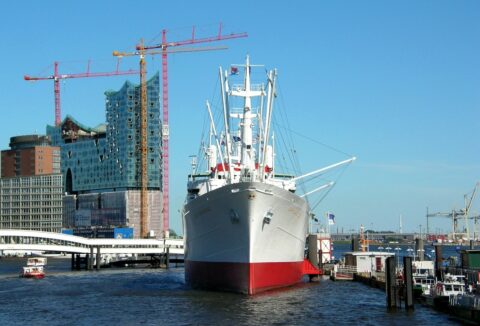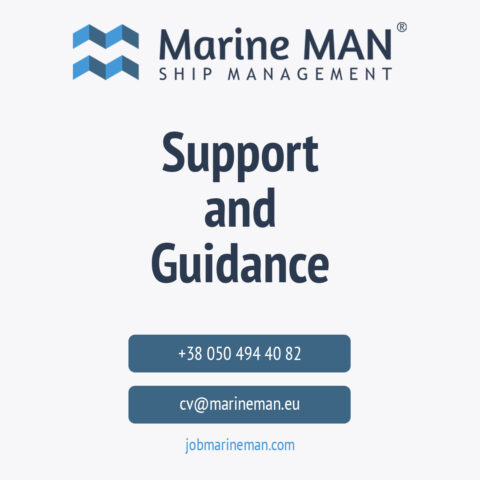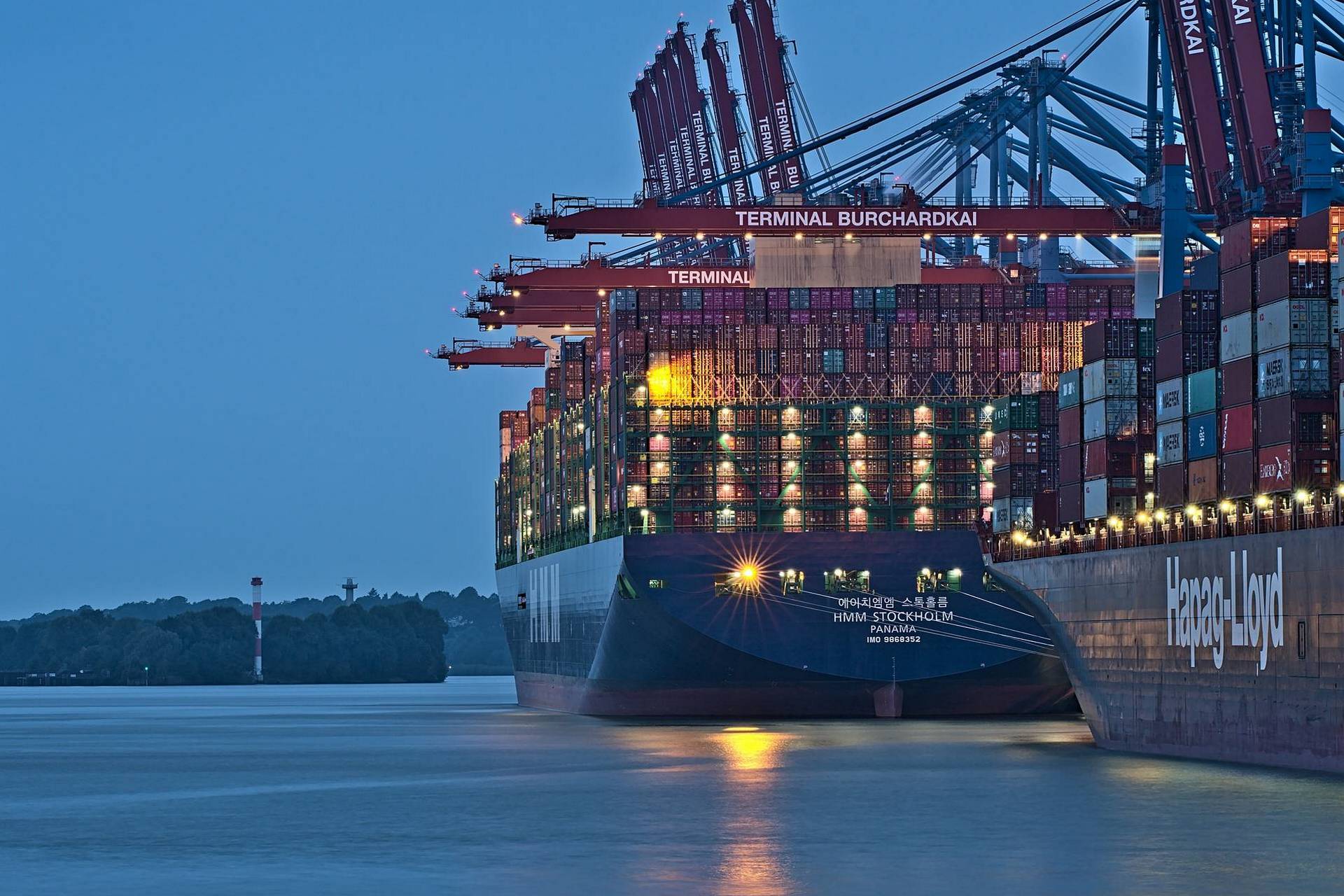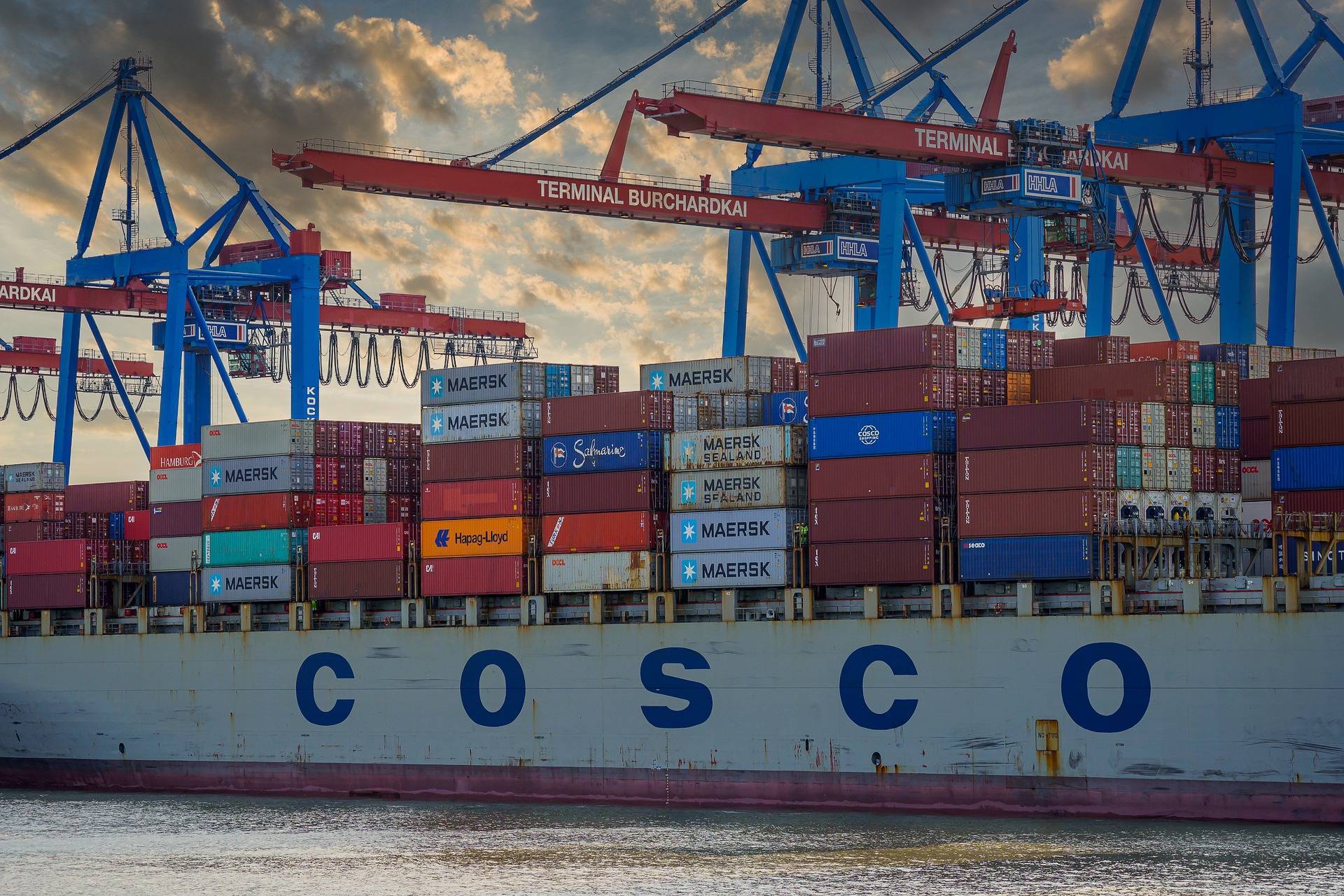WIPER and OILER - what's the difference?
 Automatic translation
Automatic translation
Quite often, at maritime forums, there is a topic with a discussion of certain maritime positions and differences in terminology in the English-speaking and Russian-speaking environment. Let's try to understand the difference between wiper and oiler positions.
Wiper is an employee of the engine room and this position corresponds to “2nd class minder”. This is the position responsible for both cleaning the engine rooms and machinery of the ship and assisting the engineers in accordance with the ship's instructions. By the way, this position is not only in the courts. For example, in the United States, railroad workers doing similar work were also called “wipers,” and in the United Kingdom, they were called “cleaners”.
In fact, the "wiper" is the youngest stage in the engine room of a ship. It is, in a way, a de facto apprenticeship before going to the oiler position. Nowadays, the position of "wiper" is required to work on a ship for a certain period of time, to gain "sea experience" or good sea practice. So, in the United States merchant marine, in order to work as a "wiper", a person must have a merchant seafarer's document and an STCW certificate issued by the US Coast Guard. In accordance with international conventions and agreements, all wipers operating at sea around the world have the same documentation in their respective countries.
An oiler (also known as an "oiler") is a worker whose main job is in machinery. We have this position corresponds to the concept of "minder of the 1st class". In previous eras, the position of lubricant has been represented in a variety of industries, including the maritime (naval and commercial), railroad, steel and mining industries. At present, such positions have been practically abolished as a result of the introduction of technological innovations; lubrication of mechanisms, as a rule, occurs either without human intervention, or with his minimal involvement in the process. Therefore, workers in this specialty rarely engage in lubrication at all.
The concept of the “oiler” position as a separate position has nowadays been preserved almost exclusively in merchant shipping. On a seagoing vessel, the "oiler" is a working unit of the engineering department, de facto, it is a worker of the junior category of the engine room of the ship. Oiler is only older than wiper. Once a sufficient number of months of work at sea has been accumulated and sufficient experience has been acquired, an oiler can qualify for the transition to the position of Engineer in the Engine Room, subject to the completion of the appropriate refresher courses and obtaining the appropriate certificate.

As a representative of the engine room, oiler monitors and maintains propulsion and other systems on the ship.
Oilers also deal with "hotel" equipment on board, including sewage, lighting, air conditioning and water systems. Their responsibilities include helping with the handling of large volumes of fuel and they should be trained in fire fighting and first aid skills. In addition, boilers help facilitate handling of ship's sides and facilitate other tasks while working at sea, especially with handling devices and mechanisms and safety systems. However, the direct cargo unloading function is overseen by deck officers and deck crew.
At present, when working at sea, it is not required to reissue documents or undergo any special courses when moving from one position to another, and shipowners will only need the qualifications of a minder to work in the specialty "motorman".


